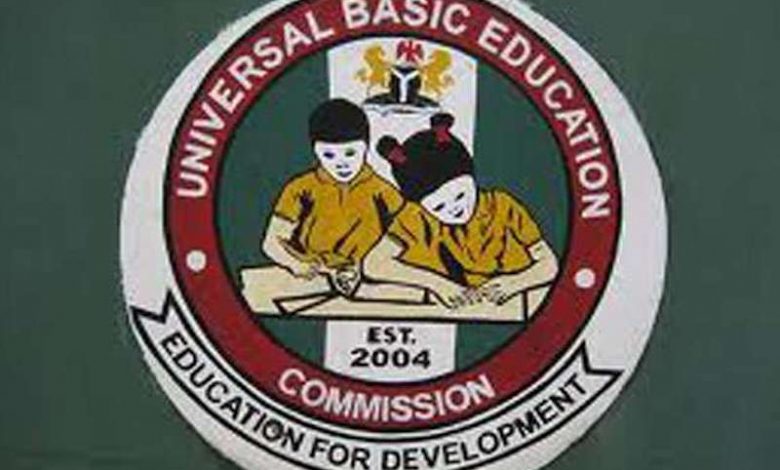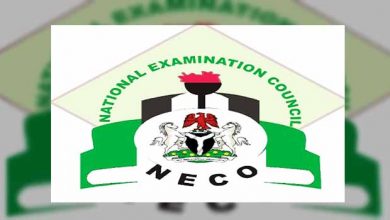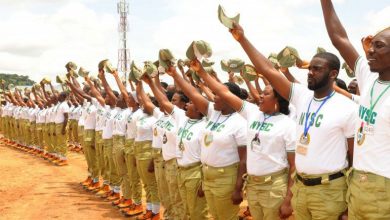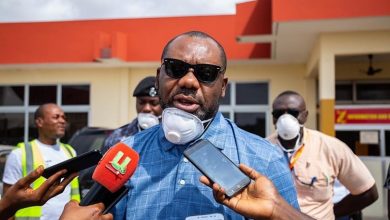Nigeria Suffers Shortfall of Teachers at Basic Level- UBEC

The Executive Secretary of the Universal Basic Education Commission (UBEC), Dr. Hamid Bobboyi, has confirmed that Nigeria has a shortfall of 277, 537 teachers at a basic level.
This he said was based on the 2018 National Personnel Audit (NPA) report, on Public and Private Basic Education Schools.
In a statement issued by the Head Public Relations and Protocol, David Apeh, which was made available to journalists on Sunday in Abuja.
Bobboyi, said that “73 percent of those teaching in public schools were qualified teachers, only 53 percent of teachers in private schools are qualified to teach”.
“Our hope is that with the current reforms that are been put in place where the system attracts the best candidates into the teaching profession and compensate them adequately, the narrative will change”
He explained that ten percent (N10 billion) of the amount that is received from the Consolidated Revenue Fund of UBEC had been set aside for teachers’ professional development through the States Universal Basic Education Boards.
“We remain the biggest teacher development agency in the country; not even the National Teachers’ Institute or any other agency. UBEC’s 10 percent of the entire amount that is received from the Consolidated Revenue Fund is designated for teachers’ professional development through the SUBEBs. That is something that is very necessary for us to realize that we pump in a minimum of N10 billion every year for teachers’ professional development in this country.”
“This has to be done because it is essential for the teachers to be trained professionally. The quality of the teaching given in the class is dependent on the quality of the teachers that are available.”
“However, one of the major challenges is getting qualified teachers to teach the children in the country, though the Federal Ministry of Education is working tirelessly to address it,” he stressed.
On Instructional material, the Executive Secretary, said, “Achieving quality education was dependent on the quality of resources, UBEC voted 15percent of the entire amount received from the consolidated Revenue Fund annually, for the purchase of instructional materials for distribution to schools.”
He noted that the expectation was that state governments would complement the efforts of the ministry of education by acquiring textbooks for state-owned schools, especially textbooks in key subjects.
Bobboyi further noted that two percent of the funding, which is about N2.1b was allocated to special needs education across the 36 states. The secretary noted that though the commission is working to accommodate the needs of special and indigent students in the public education system, however, he acknowledged that the money allocated was small compared to the number of children with special needs.
He also bemoaned that the problems stem majorly from states’ inability to use the money allocated strategically to make a difference while urging stakeholders in the education sector to join hands with the Federal Government in solidifying the quality of teaching and learning at the basic level of education.
Recent research had indicated that against the backdrop of on-going outcry over the issues bedeviling basic education across the country, the poor state of education especially the primary and secondary level in Nigeria is aptly captured in the National Empowerment Development Strategy.





